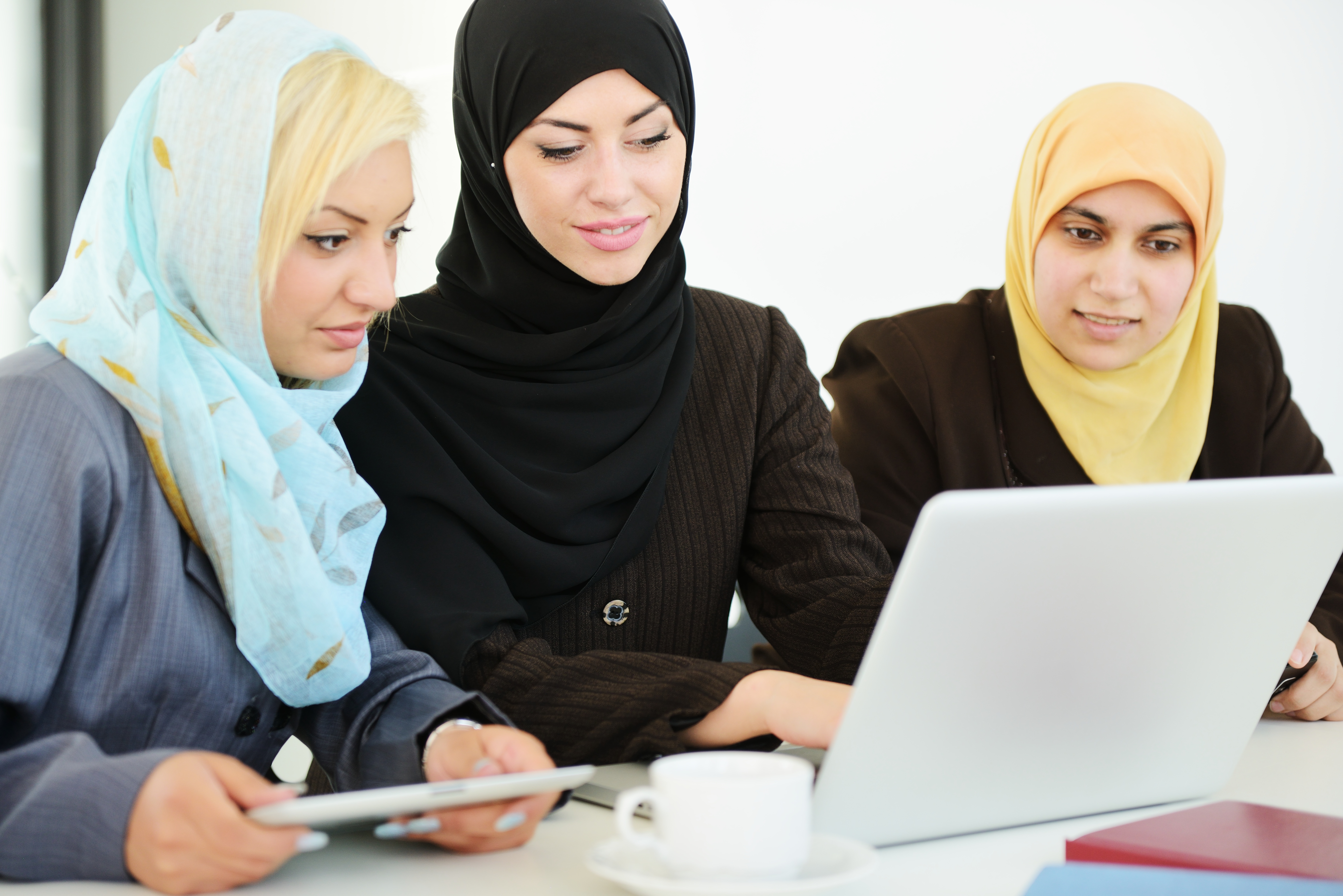Introduction: The Vision 2030 Revolution
Saudi Arabia’s Vision 2030 has unleashed a quiet but seismic shift: women are no longer on the sidelines of the economy. With female labor force participation more than doubling (from 17.4% in 2017 to 36% in 2023), Saudi women are outpacing expectations—but the real story isn’t just about numbers. It’s about how they succeed.
The old question— “Can women have it all?”—is being replaced by a bold new answer:
“We’re not choosing. We’re redefining.”
1.The New Saudi Woman: Breaking Barriers, Setting Records:
By the Numbers:
- 36% of Saudi women now participate in the workforce, surpassing the initial 2030 target (GASTAT).
- Women hold 20% of seats on the boards of Tadawul-listed companies (up from 1% in 2016).
- Beyond Statistics: From tech startups to judicial roles, women are rewriting the narrative of what’s possible—without sacrificing cultural identity.
“Balance isn’t about symmetry. It’s about alignment.”
2. The Myth of Perfect Balance (And Why It’s Holding Us Back)
The global obsession with “work-life balance” as a daily 50-50 split ignores reality but here’s the secret: “Balance isn’t about symmetry—it’s about alignment.”
Some weeks, children will need more. Other times, career will. The most fulfilled women are those who design their lives around seasons, not strict daily quotas. Understanding and embracing that life comes in phases is the key to avoiding burnout and guilt.
Why It Works: A PwC study found that women using flexible models report 30% higher job satisfaction.
3. The Emotional Currency of Value and Validation
Often, we carry a quiet but persistent need to feel seen, appreciated, and valued. It is not vanity, it’s fuel.
4. Organizational Support: Designing for Return
Economic genius ideas for organizations that support women post-maternity:
- Mentorship: Pairing returning mothers with leaders who’ve navigated the same path.
- Phased Returns: Gradual re-entry reduces attrition by 40% (vs. abrupt returns).
It’s Impact? Retention of female talent post-maternity rose 40%, with a measurable rise in leadership roles.
“Customized programs aren’t ‘nice-to-haves’—they’re GDP multipliers.”
5. From Home to Nation: Why This Matters for Saudi Arabia
A study across nine MENA countries reveals:
- Economic Potential: Women re-entering the workforce could add $385 billion to regional GDP.
Saudi Spotlight*: Over 50% of Saudi women take career breaks—but 72% seek to return (PwC).
6. A Strategy You Can Use Today: Micro-Zoning Your Week
A simple yet powerful technique is “micro-zoning”—dividing your week into intentional blocks rather than striving for perfect daily balance. This approach promotes focus, reduces decision fatigue, and prevents burnout.
Examples include:
Power days, self-care time, flex days, and family-first blocks.
7. Final Thoughts: We’re Not Choosing — We’re Redefining
We are not choosing between being mothers and wanting to thrive in our careers; rather, we are redefining what it means to be women who are mothers in the workplace—and that picture frame includes love, children, spreadsheets, strategy, softness, and strength. When women are valued in all their complexity, the whole nation rises.
References:
1. GASTAT: Labor Force Survey 2023.
2. Atlantic Council: Vision 2030’s Unfinished Work for Women.
3. PwC: Navigating the Path Back: Women Returners in KSA.
4. Brookings: The Saudi Female Labor Force Surge.
5. IFC: The $385 Billion MENA Opportunity.

